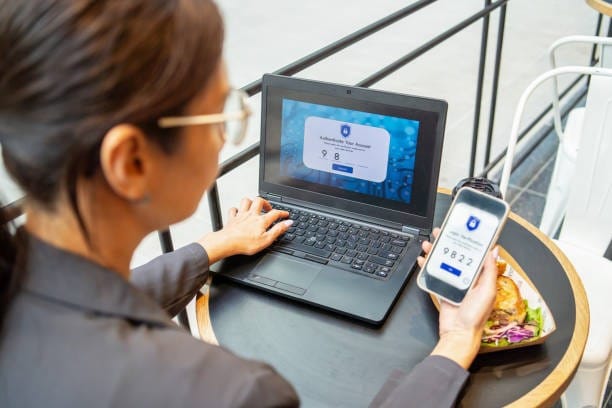If you are heading to an eCommerce retail store, your quick reflex would be to search for the stores nearby your location.
Which store would you pick out of all the stores mentioned on the search engine page? What is the accuracy of your brand name popping on top of SERP?
So, before understanding why you should focus on local search marketing, it’s important to understand what exactly is local search marketing?
Local Search Marketing: what it is?
Local search marketing is to build a presence of your offline store or offline services on search results. From small enterprises to big corporations, optimizing your brand for local search is an indicator of a strong presence in the market and brings in more conversion and sales.
The whole purpose of Local search marketing is to build the local presence of your business.
Local SEO is different from your general SEO strategies in terms of audience, intent, and overall goals.
There are certain parameters that an online brand can excel at to become visible in the local searches.
Let’s understand these parameters in detail.
How to improve your local search marketing?
1. Google My Business (GMB)
Google My Business is a verified account of any business and works as the identity of your brand. People searching for your business can directly view your GMB listing on search engine result pages.
Some of the most common details that GMB asks for and publishes are as follows
– Your brand name, the brand category you fall into, domain URL, etc.
-The location of your services or where you meet with your customers.
– The address details of your locations.
– The contact details of your organization with other relevant details like working hours, etc.
Once your GMB account is created and verified, it’s important to optimize it for local search.
Some of the parameters to consider for SEO optimizations are as follows.
- Include keywords and user queries keywords in your product descriptions and bio. To know how to search the right keywords, read this detailed blog on keyword research.
- Mention correct business timings.
In a personal incident, I once visited a store that mentioned wrong open hours on GMB. And the result? I left a review on this issue! You will learn later in the blog how reviews are helpful in local search marketing.
- Include your offline location images and videos to build more credibility and establishing trust in users. The public information of any brand increases its visibility in local search.
- Respond to reviews that your users leave on GMB and Google Maps. Engaging your disappointed or happy customers through their reviews is a critical step for building brand reputation.
2. Domain Authority
The domain authority is an SEO factor that indicates if a domain URL has enough good quality backlinks from external quality sources.
To build your domain authority, you would need to mention your brand link on various good-quality pages. The more citations you have for your brand, the more search engine understands your brand presence.
Some of the basic things you can do to get backlinks are as follows.
- Submit your listing to business directories. Some business directories have very high domain authority due to various mentions linking back to them.
Therefore, submitting your business to a directory site would drive traffic to your brand page - Email marketing to travel bloggers and other informational bloggers.
There are thousands and millions of travel blogs that mention specific details about a location of interest. You can reach out to these bloggers and ask for a backlink to your business. This would also increase the credibility of a blog, making it more resourceful.
3. User Experience
The users on your business page should be provided with all the relevant information. User experience plays a crucial role when it comes to search engine visibility. So check some of these parameters for user experience and you will be able to figure out if your website is on track or not.
- Make your brand page easily accessible
- Check if the page loads quickly or not. The ideal page load time is under 3 seconds.
- Check if you have mentioned all about your services and products in detail or not.
- Provide good quality content that creates awareness, educates your audience, and solves their queries.
- No use of malicious and spam activities to build the presence online.
- Make sure that your page is optimized for desktop and mobile, both versions.
- Timely check for updates like working hours, contact details, etc.
4. Core details of local search: NAP
The local search of any brand comprises of NAP that is Name, Address, & Phone number, and Website (optional).
To check for any wrong information and discrepancy in your business NAP data across listings, you can use Moz to audit your site and do the corrections.
5. Review for Local Search
One important key to brand discovery is reviews. 92% of users read online reviews. Take your example per se, before buying any product, you might check for its reviews. Reviews are an indication of the user’s endorsement of the product and brand itself as a whole.
Replying to each and every review is also a crucial part of an engagement. Make sure to address user’s queries, or take feedback while aiming to improve your brand authority and reputation.
User reviews are organic impressions of brands and search engines rank reviews as a priority.
To know more about Local SEO keyword research, watch this quick video by Julian Goldie, an SEO expert.





